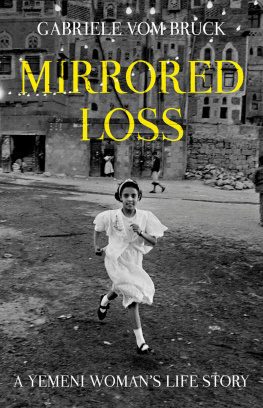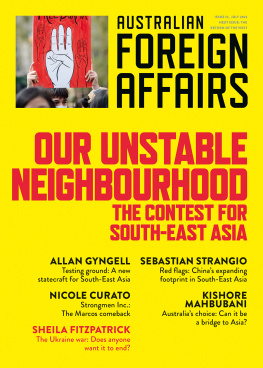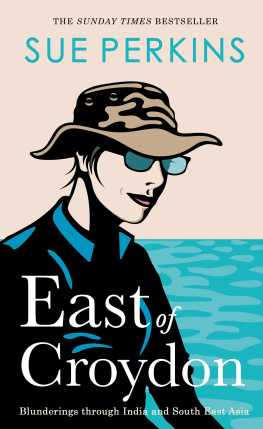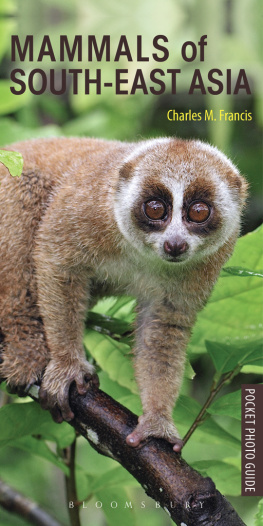Karim Wazir Wazir - Male and Female in Developing South-East Asia
Here you can read online Karim Wazir Wazir - Male and Female in Developing South-East Asia full text of the book (entire story) in english for free. Download pdf and epub, get meaning, cover and reviews about this ebook. year: 1995, publisher: Taylor & Francis, genre: Romance novel. Description of the work, (preface) as well as reviews are available. Best literature library LitArk.com created for fans of good reading and offers a wide selection of genres:
Romance novel
Science fiction
Adventure
Detective
Science
History
Home and family
Prose
Art
Politics
Computer
Non-fiction
Religion
Business
Children
Humor
Choose a favorite category and find really read worthwhile books. Enjoy immersion in the world of imagination, feel the emotions of the characters or learn something new for yourself, make an fascinating discovery.

- Book:Male and Female in Developing South-East Asia
- Author:
- Publisher:Taylor & Francis
- Genre:
- Year:1995
- Rating:5 / 5
- Favourites:Add to favourites
- Your mark:
- 100
- 1
- 2
- 3
- 4
- 5
Male and Female in Developing South-East Asia: summary, description and annotation
We offer to read an annotation, description, summary or preface (depends on what the author of the book "Male and Female in Developing South-East Asia" wrote himself). If you haven't found the necessary information about the book — write in the comments, we will try to find it.
Male and Female in Developing South-East Asia — read online for free the complete book (whole text) full work
Below is the text of the book, divided by pages. System saving the place of the last page read, allows you to conveniently read the book "Male and Female in Developing South-East Asia" online for free, without having to search again every time where you left off. Put a bookmark, and you can go to the page where you finished reading at any time.
Font size:
Interval:
Bookmark:

WazirJahanKarim

2 Park Square, Milton Park, Abingdon, Oxon OX14 4RN
605 Third Avenue, New York, NY 10017
Product or corporate names may be trademarks or registered trademarks, and are used only for identification and explanation without intent to infringe.
A catalogue record for this book is available from the Library of Congress.
A catalogue record for this book is available from the British Library.
ISBN 13: 978-1-8597-3027-0 (pbk)
- Prologue: A Woman Looks Back on the Anthropology of Women and Feminist Anthropology
- Introduction: Genderising Anthropology in Southeast Asia
- Bilateralism and Gender in Southeast Asia
- Gender at the Margins of Southeast Asia
- PART II Ethnography and Culture
- Modern Malay Women and the Message of the 'Veil'
- Engendering Disquiet: On Kinship and Gender in Bali
- Buddhism, Merit Making and Gender: The Competition for Salvation in Laos
- Vietnamese Women and Confucianism: Creating Spaces from Patriarchy
- Performance and Gender in Javanese Palace Tradition
- PART III Methodological Issues
- Redefining the 'Maybahay' or Housewife: Reflections on the Nature of Women's Work in the Philippines
- The Significance of 'Eating': Cooperation, Support, and Reputation in Kelantan Malay Households
- Rewriting Gender and Development Anthropology in Southeast Asia
Font size:
Interval:
Bookmark:
Similar books «Male and Female in Developing South-East Asia»
Look at similar books to Male and Female in Developing South-East Asia. We have selected literature similar in name and meaning in the hope of providing readers with more options to find new, interesting, not yet read works.
Discussion, reviews of the book Male and Female in Developing South-East Asia and just readers' own opinions. Leave your comments, write what you think about the work, its meaning or the main characters. Specify what exactly you liked and what you didn't like, and why you think so.





